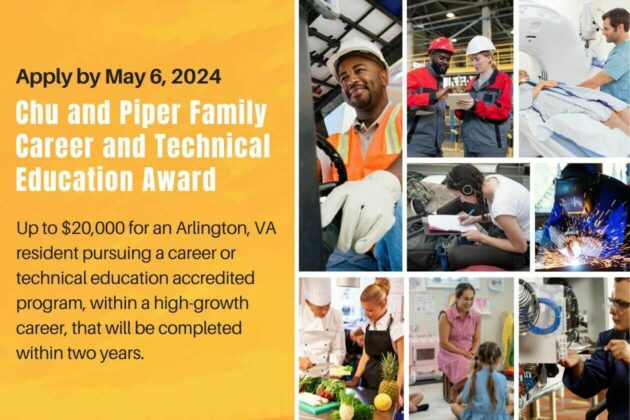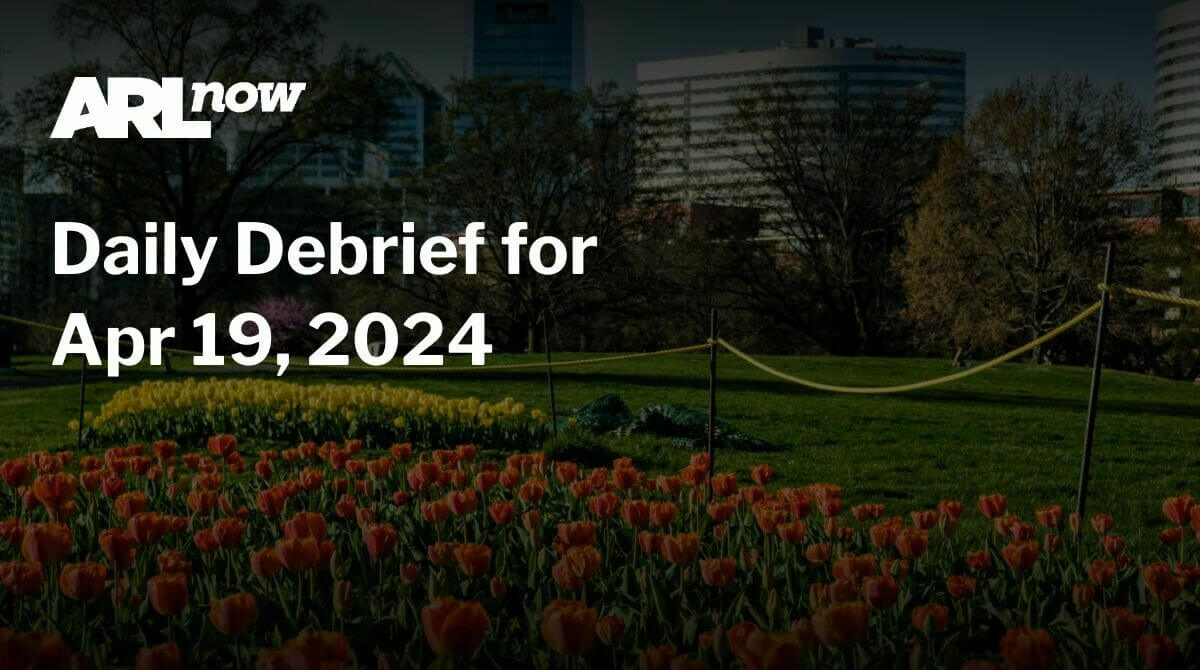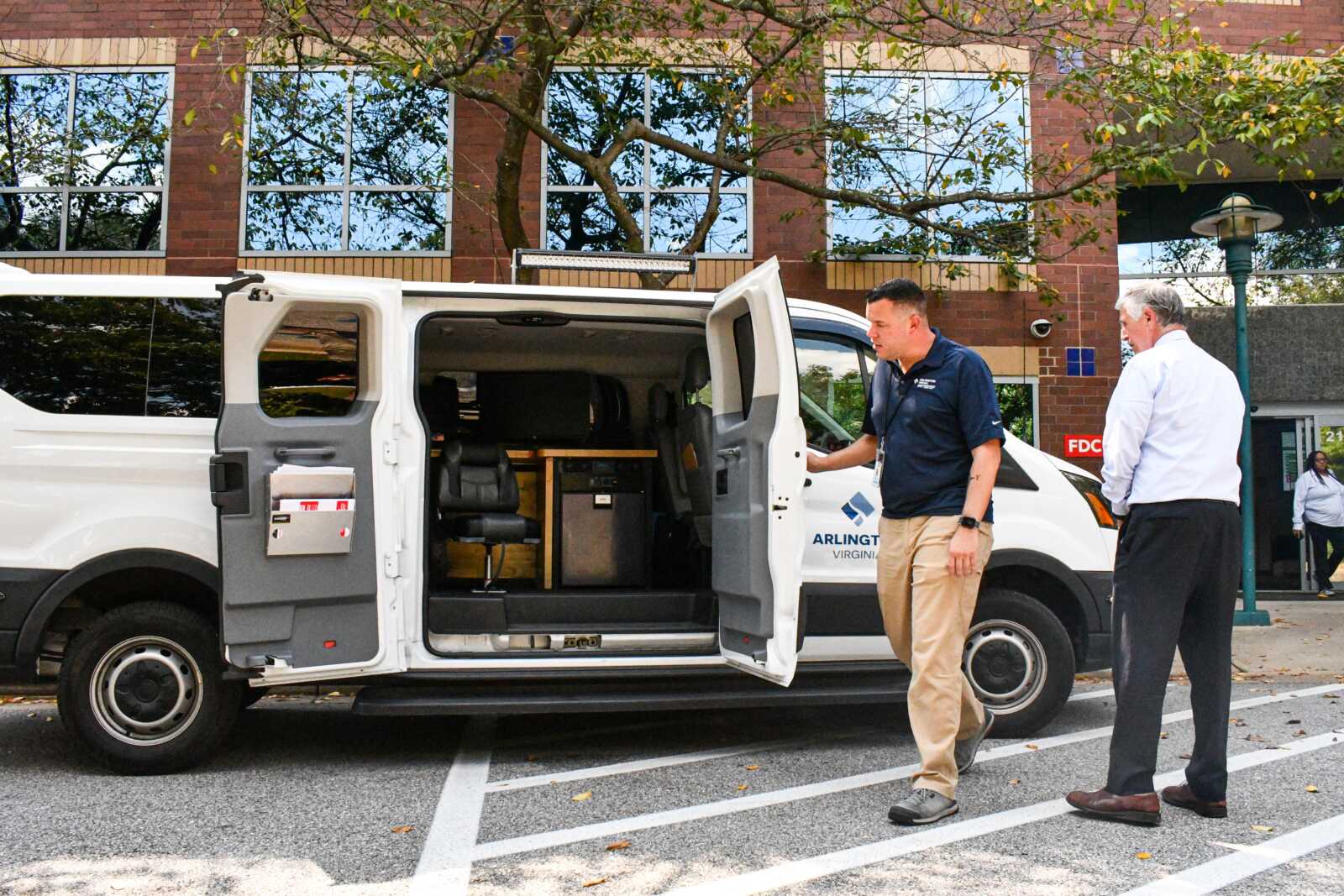Peter’s Take is a biweekly opinion column. The views expressed are solely the author’s.
Even prior to COVID-19, APS students’ reading proficiency had been on the decline–a problem which Superintendent Francisco Durán has acknowledged.
However, the current pace of action is both too slow and too narrow. The past year’s results demonstrate why APS must act urgently to enable our students to catch up, both in literacy and also in math.
Former Virginia Secretary of Education Anne Holton recently stated: “Was there learning loss? Absolutely. And that means we all need to pull up our sleeves and lock arms and work together.” APS should heed her call, and move swiftly to dedicate appropriate resources, including structured literacy materials and appropriate math textbooks, now.
Balanced literacy is a bust, but what’s next and when?
Studies show that when students do not learn to read proficiently, they are at increased risk for dropping out as well as suffering lifelong adverse consequences, including mental health challenges, unemployment, and incarceration.
Last spring, APS’s Advisory Council on Teaching and Learning’s English Language Arts Advisory Committee (ELAAC) wrote to the School Board that “APS is facing a literacy crisis.” ELAAC’s #1 recommendation (seconded by the Early Childhood Advisory Committee) was to “immediately halt” the “balanced literacy” approach, and adopt new resources aligning with the science of reading. Recognizing that procurement takes time and money, ELAAC also suggested “significant professional learning in structured literacy as a ‘stop gap’ until a new resource is adopted.”
To date, APS has removed balanced literacy materials from grades K-2 for reading only (not for grades 3-5 or writing) and over 500 teachers have received training in structured literacy. This is a great start, in particular because third grade is a key inflection point for literacy. However, this year’s third graders’ last normal year was kindergarten, and last year’s third graders saw the most significant reading declines.
Otherwise, APS has not committed to an urgent timeline or a dedicated plan for adopting the needed literacy resources. APS’s final 2021-22 budget (pp. 50-51) — which notes that APS initially adopted balanced literacy over the objections of parents and advocates–includes funding over four years (FY 2022-2025) totaling just $1 million. Four years is too long, and APS should use its one-time federal infusion of $18.9 million on new literacy and writing resources and professional development for teachers, now that it has acknowledged it will expend “far less” on the poorly-executed Virtual Learning Program.
Digital devices don’t deliver on math
APS has not had a math textbook adoption in over a decade, even though Virginia expects textbook renewal to take place every six years. What we saw during the pandemic only underscores the importance of textbooks: students wasted time navigating myriad websites, digital materials, and software programs, and struggled to keep track of assignments. This is not only wasteful but impedes learning. It is harder to revisit concepts in this format than to review an indexed textbook. APS’s Math Advisory Committee found that teachers did not enjoy creating a patchwork of materials either. They thought they were “forced to reinvent the wheel.”
Textbooks are also superior to programs like Dreambox (and Lexia for reading). While these apps boast real-time feedback on student progress, the on-screen format has the fundamental drawback that it makes it harder to retain material. These apps do not require handwriting, which is multisensory and has been proven to promote deeper processing and learning. The steps taken to solve a problem are not written down for review–what teachers used to call “showing your work”–to ensure that the student receives feedback on the logic leading to the answer.
Both parents and teachers want “more pen/paper work” to enable work showed and feedback provided. Textbooks also promote student review of content because everything, including secondary information, is located in sidebars and boxes on the printed pages, rather than hidden on a digital platform behind drop-down menus and pop-out windows.
Conclusion
Though they predated the pandemic, our students’ challenges in literacy and math are now more acute. APS should move quickly to address these long-overdue and fundamental issues, lest learning losses in literacy and math–and the consequences that follow–become intractable for this generation.
Peter Rousselot previously served as Chair of the Fiscal Affairs Advisory Commission (FAAC) to the Arlington County Board and as Co-Chair of the Advisory Council on Instruction (ACI) to the Arlington School Board. He is also a former Chair of the Arlington County Democratic Committee (ACDC) and a former member of the Central Committee of the Democratic Party of Virginia (DPVA). He currently serves as a board member of the Together Virginia PAC-a political action committee dedicated to identifying, helping and advising Democratic candidates in rural Virginia.
Recent Stories

For Immediate Release
Progress for All Announces Inaugural Black Men Vote Virtual Town Hall
Date: April 19, 2024
Contact: Marc M. M. Peters

The Award is available to recent high school graduates and non-traditional students (see the application for more details). Each recipient may be awarded up to $20,000. Applicants are required to submit an online application form as well as a short video application.
The applicant must be an Arlington resident pursuing a career or technical education accredited program, within a high-growth career, that will be completed within two years.
The careers and programs include, but are not limited to:
-
Audio, Video, and Sound Engineering Technicians
-
Broadcast Technicians
-
Commercial Drivers
-
Culinary Arts
-
Early Childcare Education
-
Healthcare
-
Information Technology and Computer Science
-
Manufacturing and Skilled Trades (including welding, auto and aviation mechanics and technicians)
-
Public Safety
ACFCU’s Free Homebuying 101 Webinar: Steps to Getting Pre-Approved
Are you ready to jump into homeownership, or have you started considering it but don’t know where to start?
Financial preparation is key when thinking about purchasing your first home and the first step to getting pre-approved. Join ACFCU for
Sweeney Todd
A victim of a gross injustice that robbed him of his wife and child, Sweeney Todd sets about exacting a terrible revenge on society.








